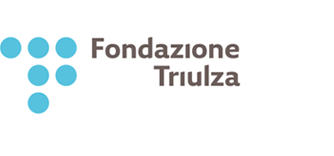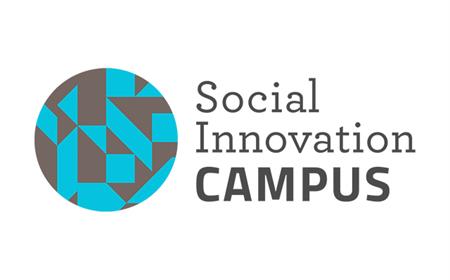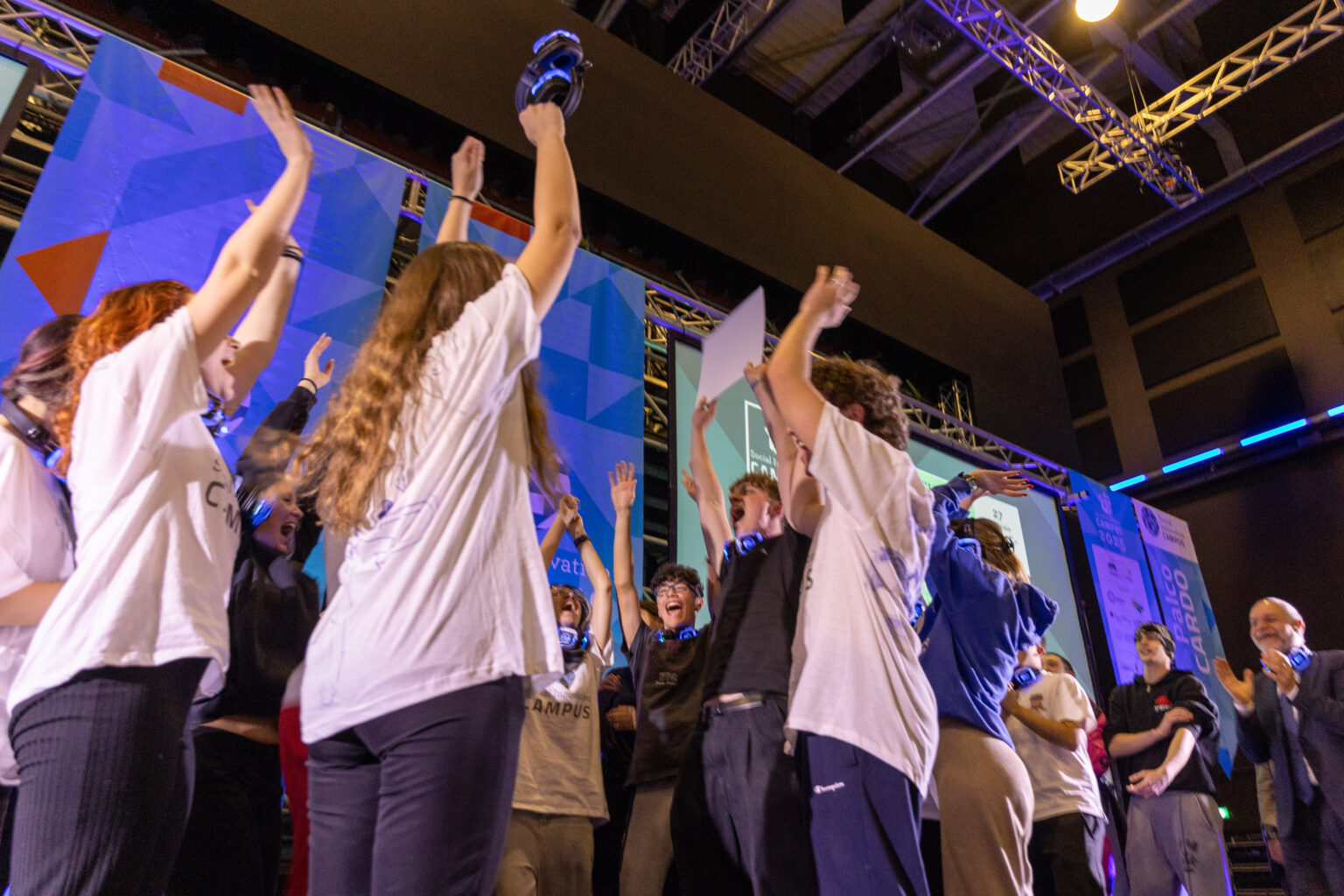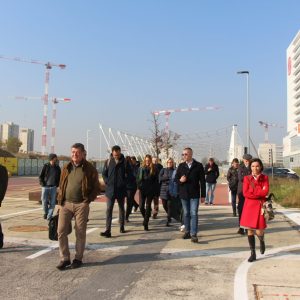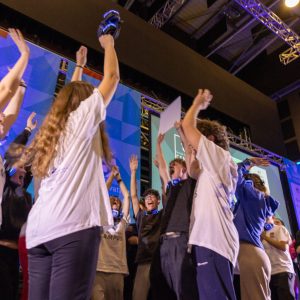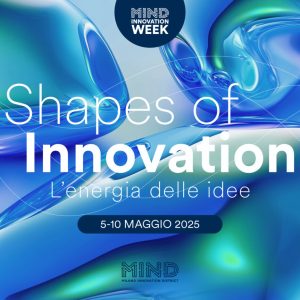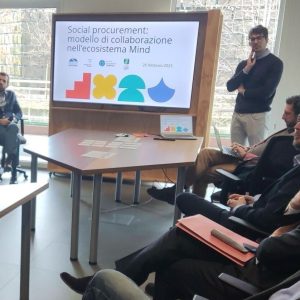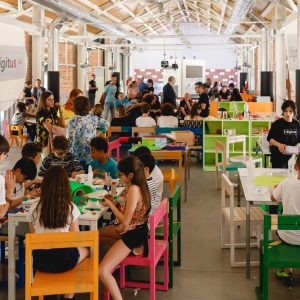2025 Edition in brief:
- Around 13,500 participants in the 174 initiatives organized in person and online
- 11,400 of the participants (84.5%) in the 2025 edition of the Social Innovation Campus are young people
- Increasing demand from secondary schools throughout Italy to participate in orientation, PCTO and citizenship education activities in person
- Participants from north to south Italy and also from abroad: secondary schools from 33 Italian municipalities and for the first time from London
- First prize Hackathon in person to the Liceo Artistico Preziosissimo Sangue, Monza (MB), second to the Liceo Scientifico d’Ascanio, Montesilvano (PE), special Microsoft prize to the Istituto Breda Sesto San Giovanni (MI) and Repair prize to the IT Trasporti e Logistica don Bosco of Treviglio (BG)
- Participation in the online Hackathon triples. First prize to the Primo Levi Classical High School of San Donato Milanese (MI), second prize and special Microsoft prize to the Lucio Piccolo Linguistic High School – Capo d’Orlando (ME)
- New for 2025: the launch of 2 co-design tables dedicated to the Campus community of social innovators on volunteering, social procurement and open innovation.
“Talents 4 Social Innovation. Skills in Complexity” was the theme of the 6th edition of the Social Innovation Campus of Fondazione Triulza that just ended in MIND Milano Innovation District, recording an increase in the participation of high school students from all over Italy in the in-person activities and the consolidation of a community interested in the themes of innovation and social impact, which will continue to work in the coming months on the themes of volunteering and social procurement. There were approximately 13,500 participants – of which 11,400 (84.5%) young students from all over Italy – in the 174 initiatives organized in person and online. Participation was from the north to the south of Italy and also from abroad: high schools from 33 Italian municipalities and also from London. For the first time, participants in in-person activities, 6,993 (+32.5% compared to 2024), exceeded those at a distance, and the protagonists were the young students who were able to participate in numerous talks, interactive workshops, co-design activities in line with the PCTO, orientation and citizenship education paths. The proposals that emerged from the young people, although in different areas, have one thing in common: they converge on the need to reconcile technological development with human and environmental development.
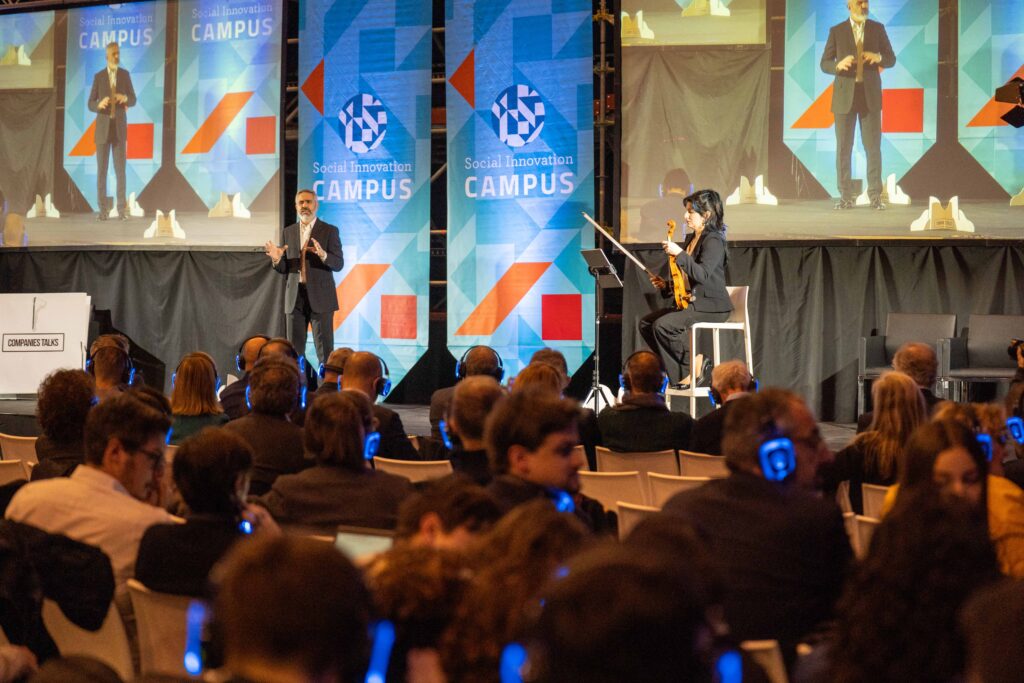
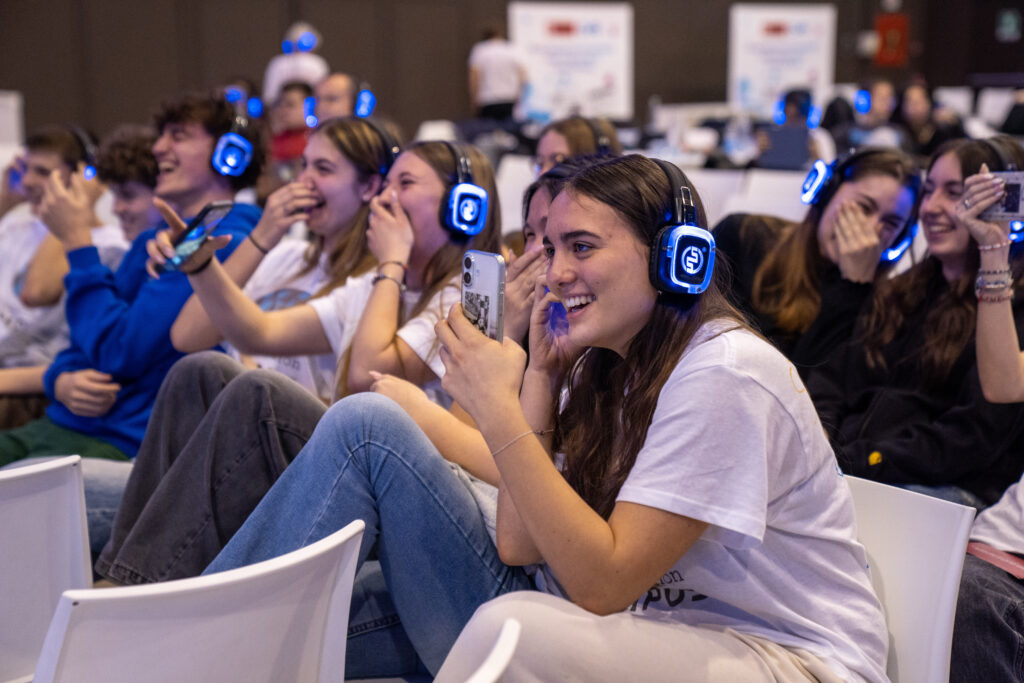
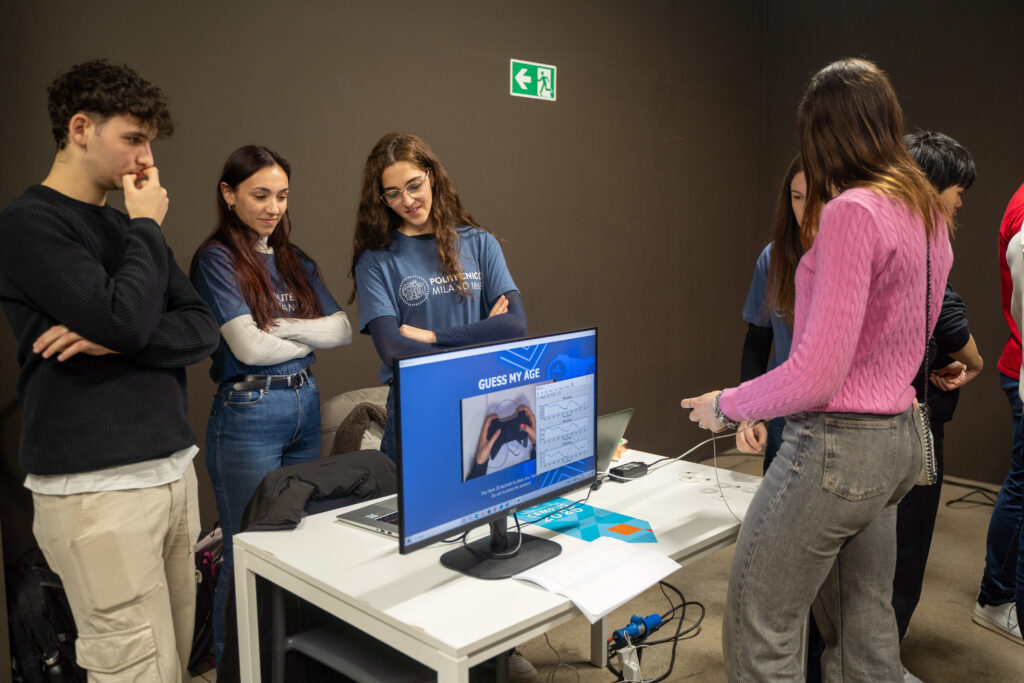
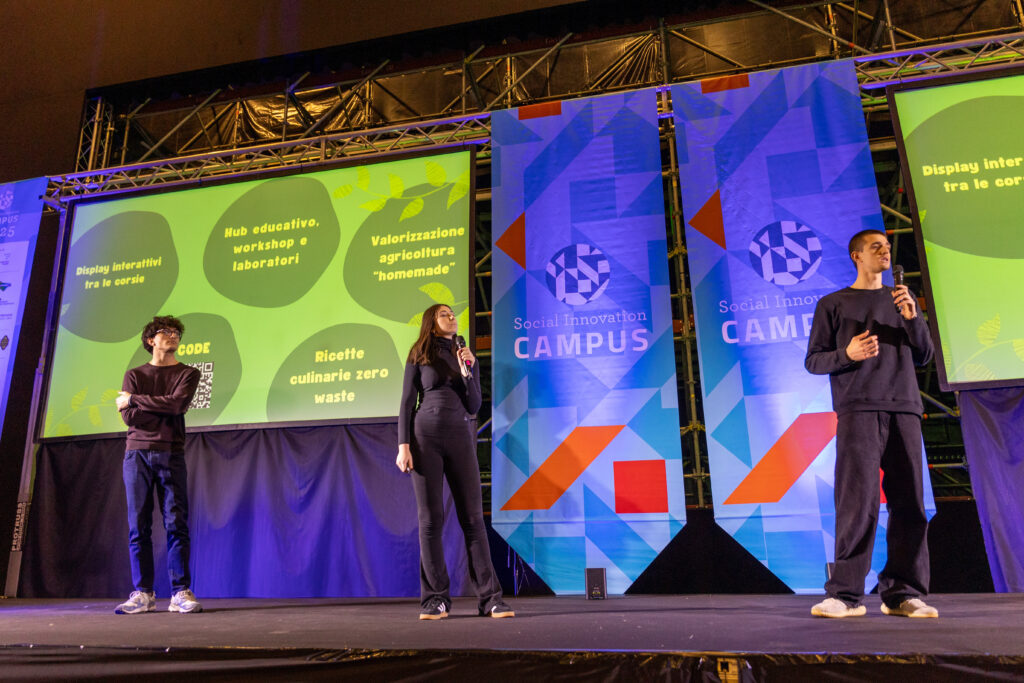
A new theme of social fragility has forcefully emerged on the Campus, that of NEETs. These are young people who neither study nor work and risk withdrawing from social life, a phenomenon that affects 26.3% of young people between 15 and 29 years old in Italy (Eurostat data). Technologies are often the only connection and interest with which one can open a dialogue. On the Campus, the theme was addressed in various talks and also thanks to an experiential installation proposed to the students present, to make them aware that there are no linear life paths and that we must find a way to express each person’s talent. “The demand for participation in the Campus by schools is growing so much that we have held an in-person edition spread across all usable spaces of MIND and the remote one has arrived in Sicily and England. The Campus works because it is capable of activating, on the themes of social innovation, the new generations who have responded with projects and proposals made of technological awareness, attention to social issues and the ability to read the connections in complex systems. We leave this sixth edition full of hope for what the new generations will be able to do in the near future” says Chiara Pennasi, Director of Fondazione Triulza.
Cooperation was present across the board at the Campus, bringing good practices of innovative cooperatives with social and environmental impact, young testimonials, tools to support start-ups, but above all values and content in different sectors: housing, health and well-being, agri-food.

“Cooperation represents an entrepreneurial choice based on fundamental values such as inclusion, participation and equality. Young people who choose the cooperative as a form of business not only embrace a sustainable economic model, but also commit to building a more equitable future. In this context, the role of Confcooperative and Fondosviluppo is crucial in supporting new generations of entrepreneurs, offering tools, training and resources to start and consolidate cooperative businesses, promoting an inclusive economy with a positive impact on society and the environment. In particular, the sectors of housing, health and well-being were at the center of this important event, demonstrating how cooperation can generate sustainable and creative solutions for today’s challenges”, said Silvia Rossi, Director of Fondosviluppo.

A novelty of this edition were the co-design tables. The growth of the network of partners and contributors (speakers, discussants and mentors from the world of business, finance, university-research, the third sector and institutions) has consolidated the community of Social Innovation enthusiasts within the Campus and led to the birth in 2025 of two co-design groups that are the starting point of work paths on two different themes important for the impact: volunteering and social procurement for open innovation opportunities
The first, developed with the network of Lombard CSVs, sees MIND as a laboratory for experimenting with new forms of corporate volunteering capable of involving young people. The second, developed in collaboration with the CGM Consortium, is inspired by the fact that Fondazione Triulza is a Social Economy Cluster recognized at European level, and aims to enhance social procurement between social entities and MIND stakeholders to stimulate open innovation projects.
One of the most requested formats was the hackathon with 39 teams (compared to 20 in 2024) that allows young people to work together on real challenges proposed by partners who provide experts to them. In the 2025 edition, the challenges concerned the transversal use of Artificial Intelligence, the management of RAEE waste, on-demand living, new cooperative living models, 30 cities, the zero waste supermarket. Up for grabs was a prize pool of 4,000 euros for schools. 25 teams joined the in-person hackathon, almost double the number of last year. The first prize was awarded to the Liceo Artistico Preziosissimo Sangue, Monza (MB), the second to the Liceo Scientifico d’Ascanio, Montesilvano (PE) and the special Microsoft prize to the Istituto Breda in Sesto San Giovanni (MI). Participation in the online Hackathon triples in 2025 with 14 teams (compared to 5 in the last edition), including one from a school in London. The first prize in the online category was awarded to the Primo Levi Classical High School of San Donato Milanese (MI), the second prize and the special Microsoft prize to the Lucio Piccolo Linguistic High School – Capo d’Orlando (ME). New in 2025 is the Repair Prize, a kit to immerse yourself in a circular economy experience by repairing and putting a console back into circulation, awarded to IT Trasporti e Logistica don Bosco of Treviglio (BG). The Repair Prize was offered by the Hammersmith & Fulham Council of London as part of the agreement between Arexpo and the White City Innovation District, which also promoted the participation of a team from the Fulham Cross Academy of London in the online hackathon, giving an international dimension to the 2025 edition of the Social Innovation Campus. Link to the description of the projects: https://www.sicampus.org/events/evento-di-chiusura-e-premiazione-hackathon-in-presenza-e-online/
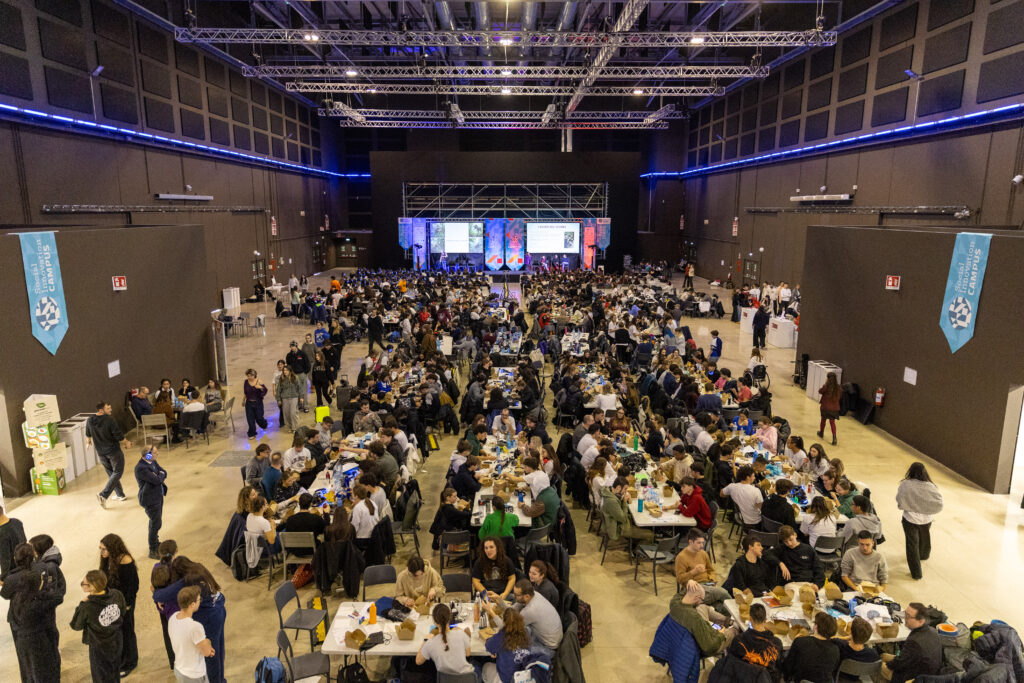
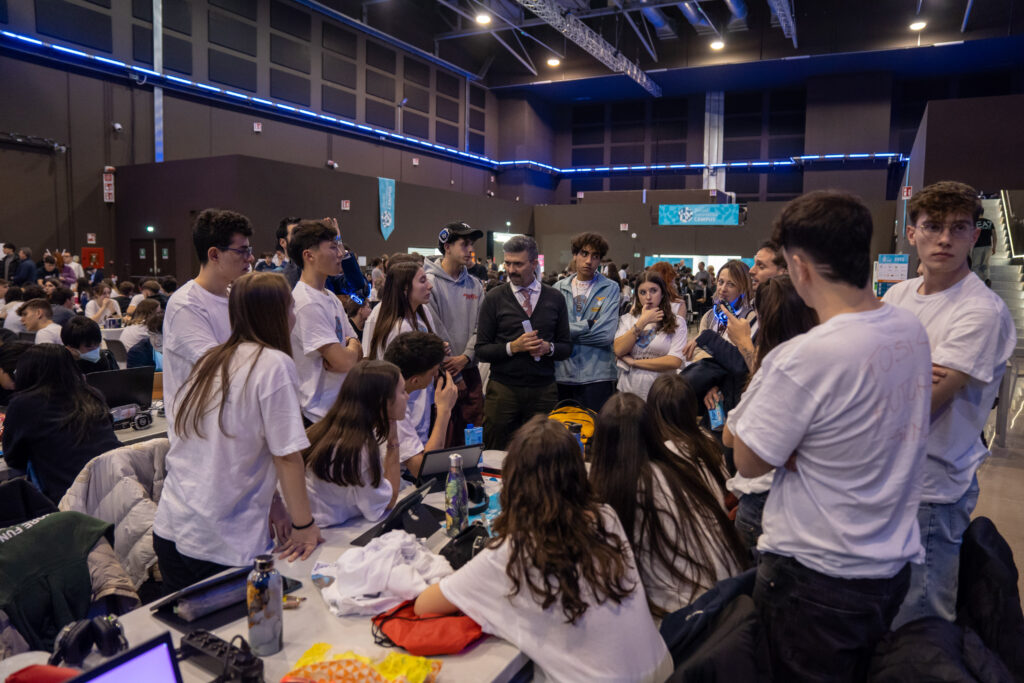
“The Social Innovation Campus hackathons have given teams the opportunity to use AI not only to develop their projects, but also to imagine it as a tool capable of responding to the needs of local communities. This year too, the Social Innovation Campus has proven to be an experience that not only increases technical skills, but also stimulates creativity and awareness of the benefits and responsibilities related to the use of technology,” says Robert Zielonka, Community Affairs Manager at Microsoft.

